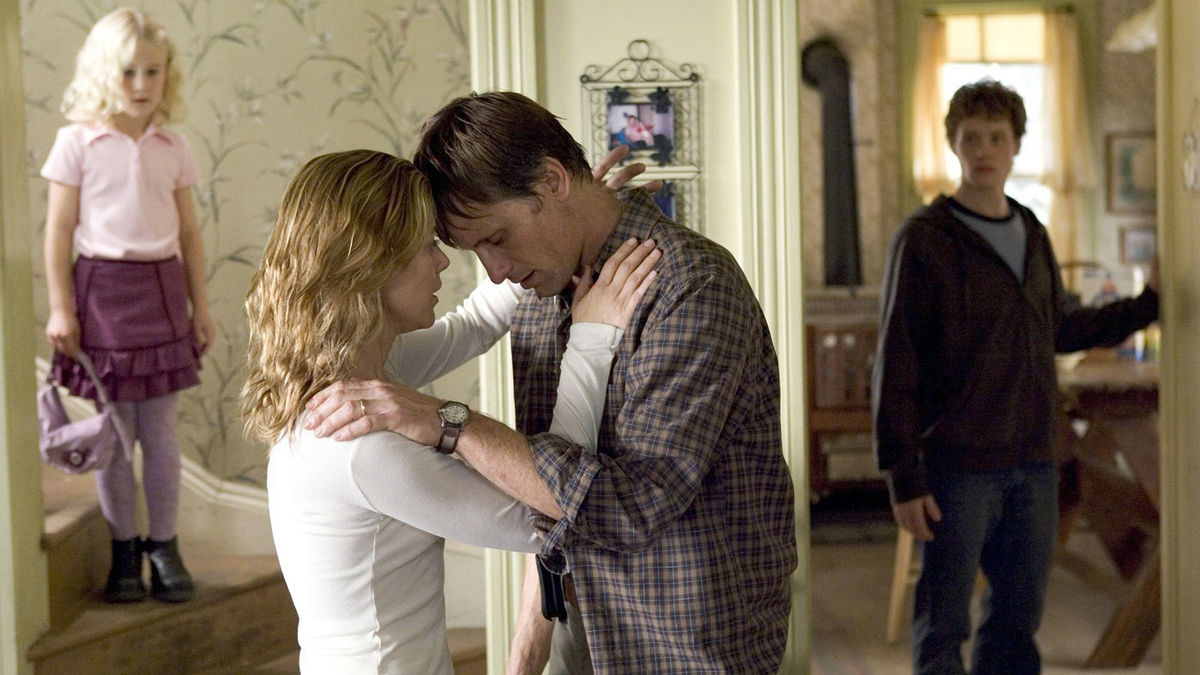David Cronenberg is a Canadian filmmaker, often regarded as one of the most audacious voices in contemporary cinema. He has left a profound mark on the film industry, particularly within the “body horror” genre he helped pioneer. Cronenberg’s works frequently delve into the grotesque and psychologically unsettling, exploring the anxieties surrounding physical transformation, infection, and the intersections of technology and biology. Films like Videodrome and The Fly stand as prime examples of his approach, masterfully blending horror with elements of science fiction, thriller, and drama.
Cronenberg’s journey into filmmaking began with experimental shorts and an interest in the darker side of human nature. This interest would come to define his auteurial voice. His early works, often low-budget horror films, were marked by their shocking imagery and unconventional narrative structure. Over the years, his filmmaking has evolved, transitioning from cult horror films to more mainstream offerings. Yet, his distinct and fearless exploration of existential themes, physicality, and human consciousness has remained consistent.
The director’s films are characterised by a bold exploration of the relationship between psychology and physicality. This dynamic is often represented through unsettling body horror and vivid sexual imagery. Cronenberg utilises these elements not for mere shock value but to probe deeper into his characters’ psyches and human existence in general. This is particularly evident in films like eXistenZ and A History of Violence.
Anatomy of Fear: Cronenberg’s Fusion of the Psyche and the Somatic
Technology plays a vital role in Cronenberg’s films, frequently manifesting as an intrusive force that manipulates or deforms the human body. This exploration of technological intrusion provides a chilling commentary on society’s increasing dependence on technology. Cronenberg’s clinical, detached directorial style paradoxically enhances the impact of the disturbing subject matter and the anxiety induced by the characters’ experiences.
Throughout his career, Cronenberg has exhibited a proclivity for working with certain actors and collaborators. His recurring collaborations with actor Viggo Mortensen and composer Howard Shore have resulted in several critically acclaimed films, including Eastern Promises and A History of Violence.
Cronenberg’s fearless exploration of body horror and the boundaries of human existence has profoundly impacted the horror genre, paving the way for diverse directors like Eli Roth, Leigh Whannell and Jennifer Kent. Beyond horror, his influence has also been felt in the broader film industry, with his unique fusion of genre elements and profound existential explorations inspiring a diverse range of filmmakers.
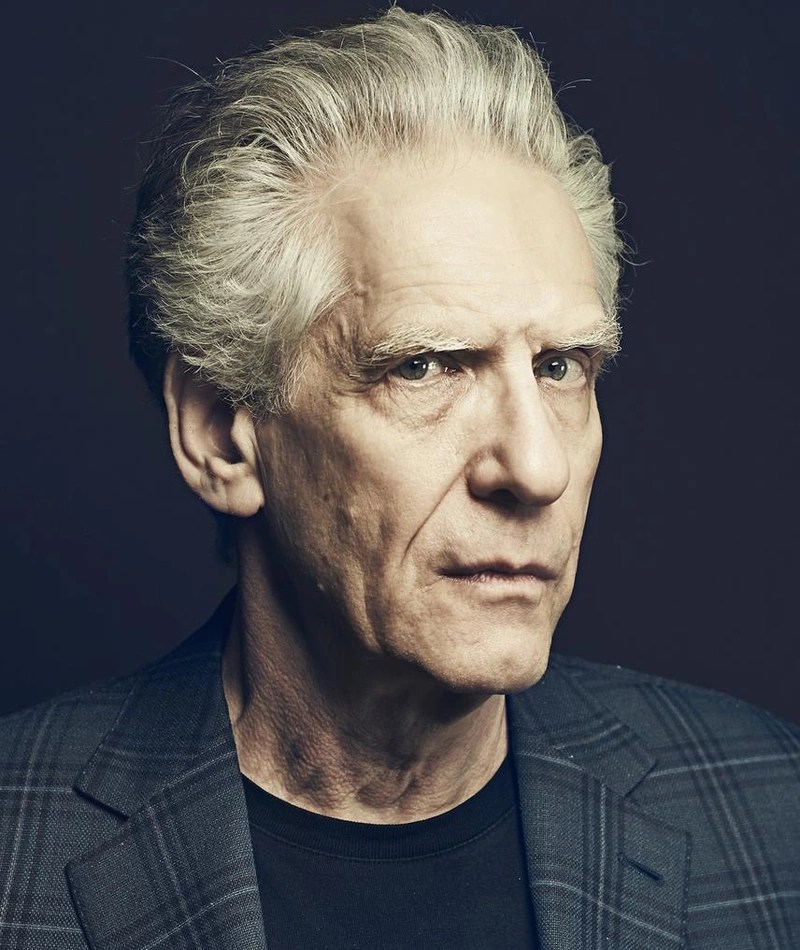
David Cronenberg (1943 – -)
Calculated Films:
- Videodrome (1983)
- The Dead Zone (1983)
- The Fly (1986)
- Dead Ringers (1988)
- Naked Lunch (1991)
- Crash (1996)
- A History of Violence (2005)
- Eastern Promises (2007)
Similar Filmmakers
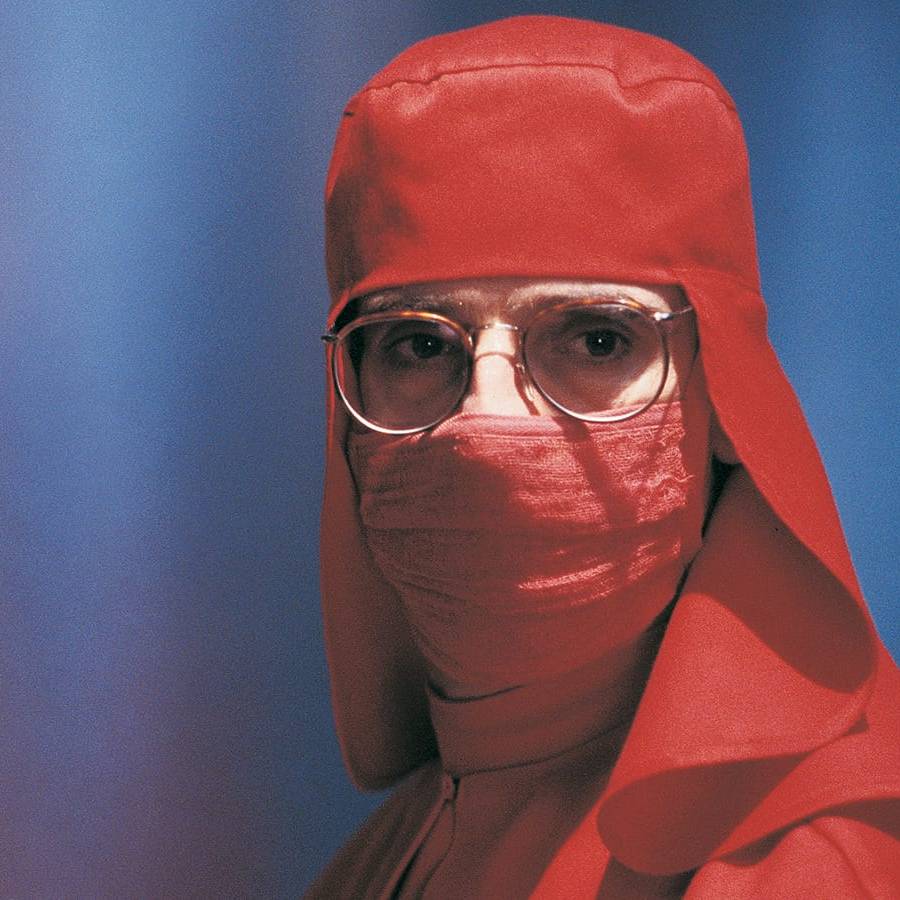
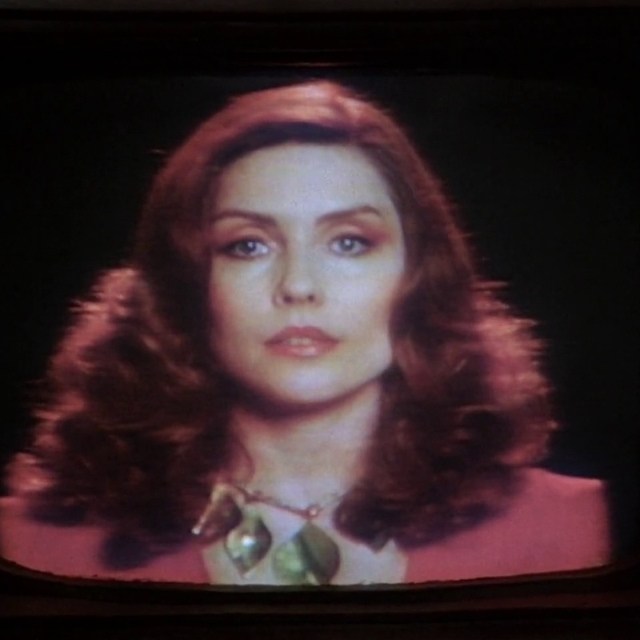

David Cronenberg’s Top 10 Films Ranked
1. The Fly (1986)
Genre: Body Horror, Sci-Fi, Psychological Drama
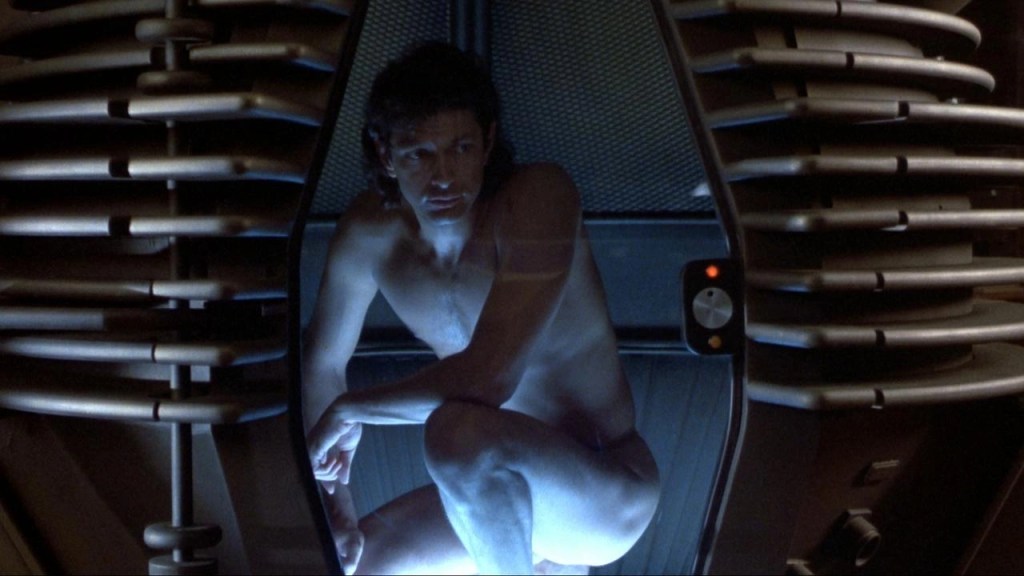
2. Videodrome (1983)
Genre: Body Horror, Sci-Fi, Psychological Thriller, Satire, Techno Horror

3. Dead Ringers (1988)
Genre: Psychological Drama
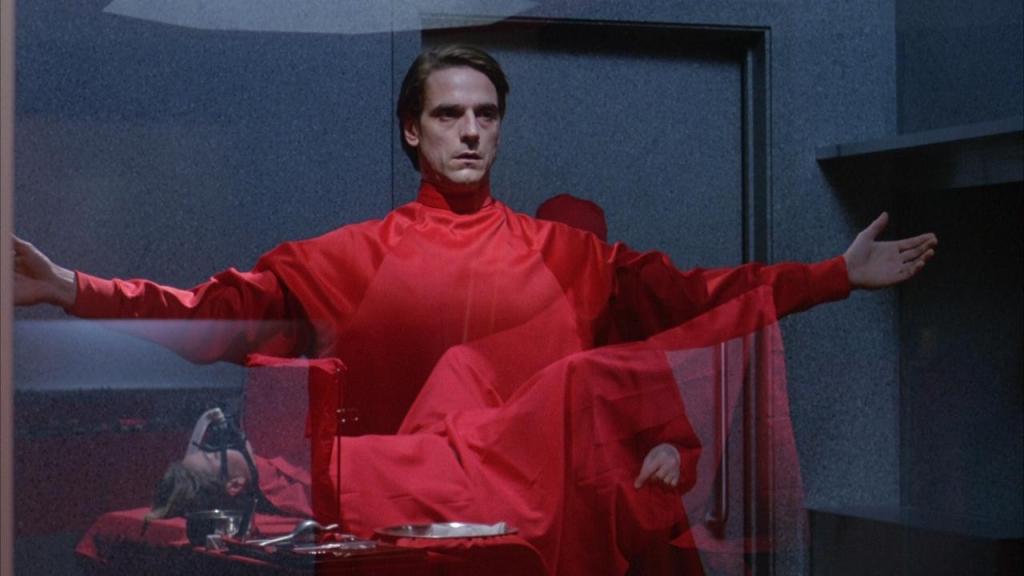
4. A History of Violence (2005)
Genre: Crime, Thriller, Drama
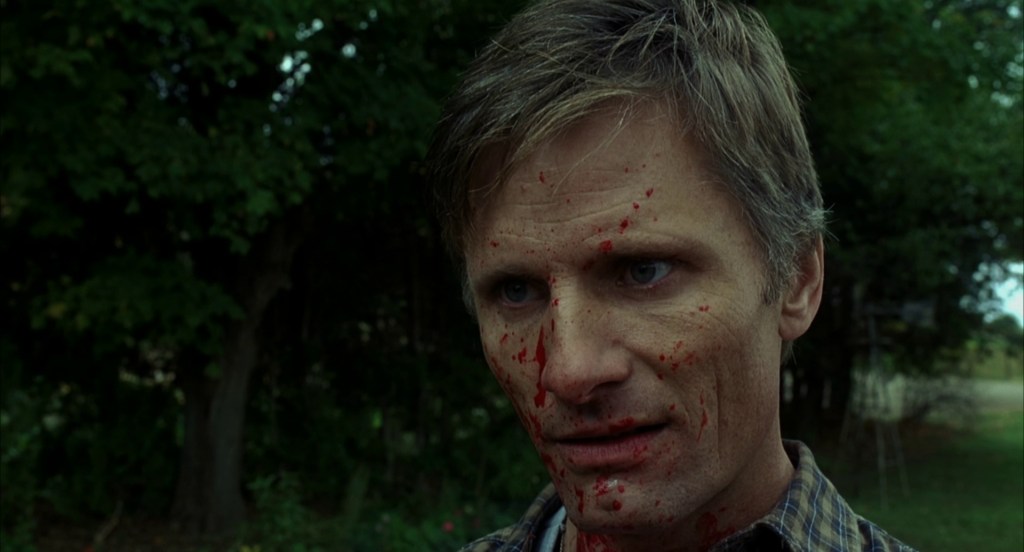
5. Eastern Promises (2007)
Genre: Gangster Film, Drama, Thriller
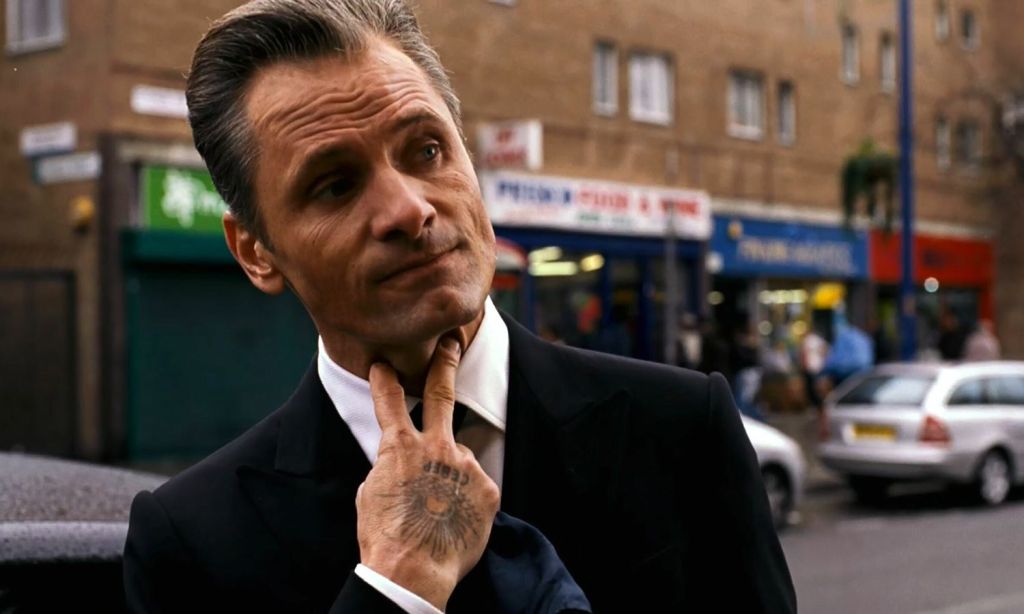
6. Naked Lunch (1991)
Genre: Surrealism, Psychological Drama, Mystery

7. Crash (1996)
Genre: Erotic Thriller, Psychological Drama

8. The Brood (1979)
Genre: Psychological Horror, Body Horror, Sci-Fi

9. The Dead Zone (1983)
Genre: Low Fantasy, Drama, Thriller, Psychological Thriller
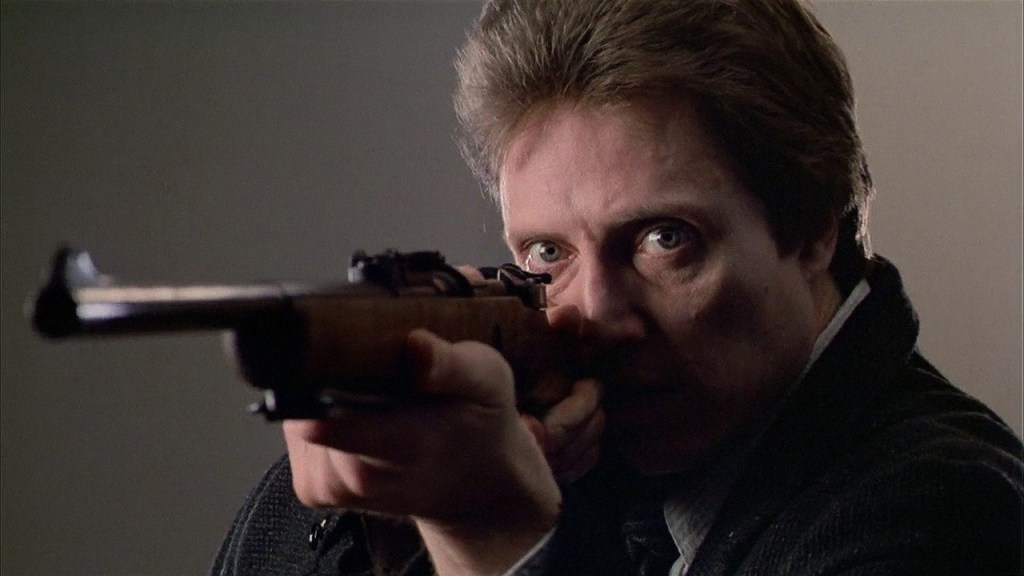
10. Spider (2002)
Genre: Psychological Drama

David Cronenberg: Themes and Style
Themes:
- Body Horror and Transformation: Cronenberg’s films, like The Fly and Videodrome, often explore the transformation and mutation of the human body, delving into the visceral and the grotesque to provoke psychological and emotional reactions.
- Technology and Humanity: In films such as eXistenZ and Crash, he investigates the merging of technology with the human experience, questioning the impact of technology on identity, sexuality, and the body.
- Disease and Decay: Movies like Shivers and The Brood embody his fascination with disease, infection, and the decay of the human body as metaphors for societal breakdown and psychological turmoil.
- Psychological Complexity: Cronenberg frequently examines the human psyche in depth, dealing with characters’ inner turmoil, mental breakdowns, and blurred lines between reality and delusion, as seen in Spider and A Dangerous Method.
- Sexuality and Taboo: His work often contains explicit and unconventional portrayals of sexuality, challenging social norms and confronting taboo subjects, notably in Crash and Dead Ringers.
Styles:
- Clinical Visual Aesthetic: Cronenberg’s visual style often includes a clinical, almost surgical precision, with clean, stark cinematography that contrasts with the organic chaos of his narratives, evident in Dead Ringers.
- Cerebral Narratives: His storytelling is known for being intellectually demanding, often requiring viewers to engage deeply with complex themes and narratives, as seen in Naked Lunch and Cosmopolis.
- Non-Linear Storytelling: Films like Naked Lunch and M. Butterfly display his penchant for non-linear, fragmented storytelling that reflects the disordered states of his characters’ minds.
- Surreal Imagery: Cronenberg’s use of surreal and often disturbing imagery creates a dream-like quality that blurs the lines between reality and imagination, a technique prominently featured in Videodrome.
- Subversion of Expectations: His films frequently subvert genre conventions, mixing horror with philosophy, science fiction with eroticism, and drama with the macabre, as in The Fly.
Directorial Signature:
- Recurring Collaborations: Cronenberg often collaborates with the same actors (such as Viggo Mortensen) and crew, creating a consistent quality and understanding in the performances and production of his films, like Eastern Promises.
- Precise and Controlled Direction: His directorial approach is characterised by precise control over every element of the film, from the script to the editing, creating a meticulous and cohesive final product.
- Innovative Practical Effects: A signature aspect of his films, seen in Scanners and The Fly, is the creative use of practical effects to create unforgettable visual moments that have a tangible, visceral impact.
- Philosophical Underpinnings: Cronenberg’s films often contain a strong intellectual foundation, prompting audiences to ponder existential questions long after the credits roll.
- Atmospheric Soundscapes: His use of sound design and music is deliberate and evocative, often contributing to the unsettling atmosphere and the psychological depth of his films, as exemplified by Howard Shore’s scores for many of his works.
David Cronenberg: The 68th Greatest Director

